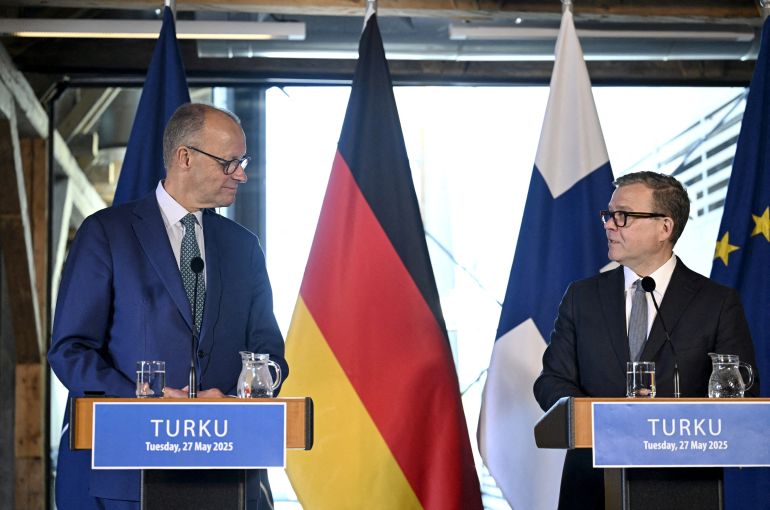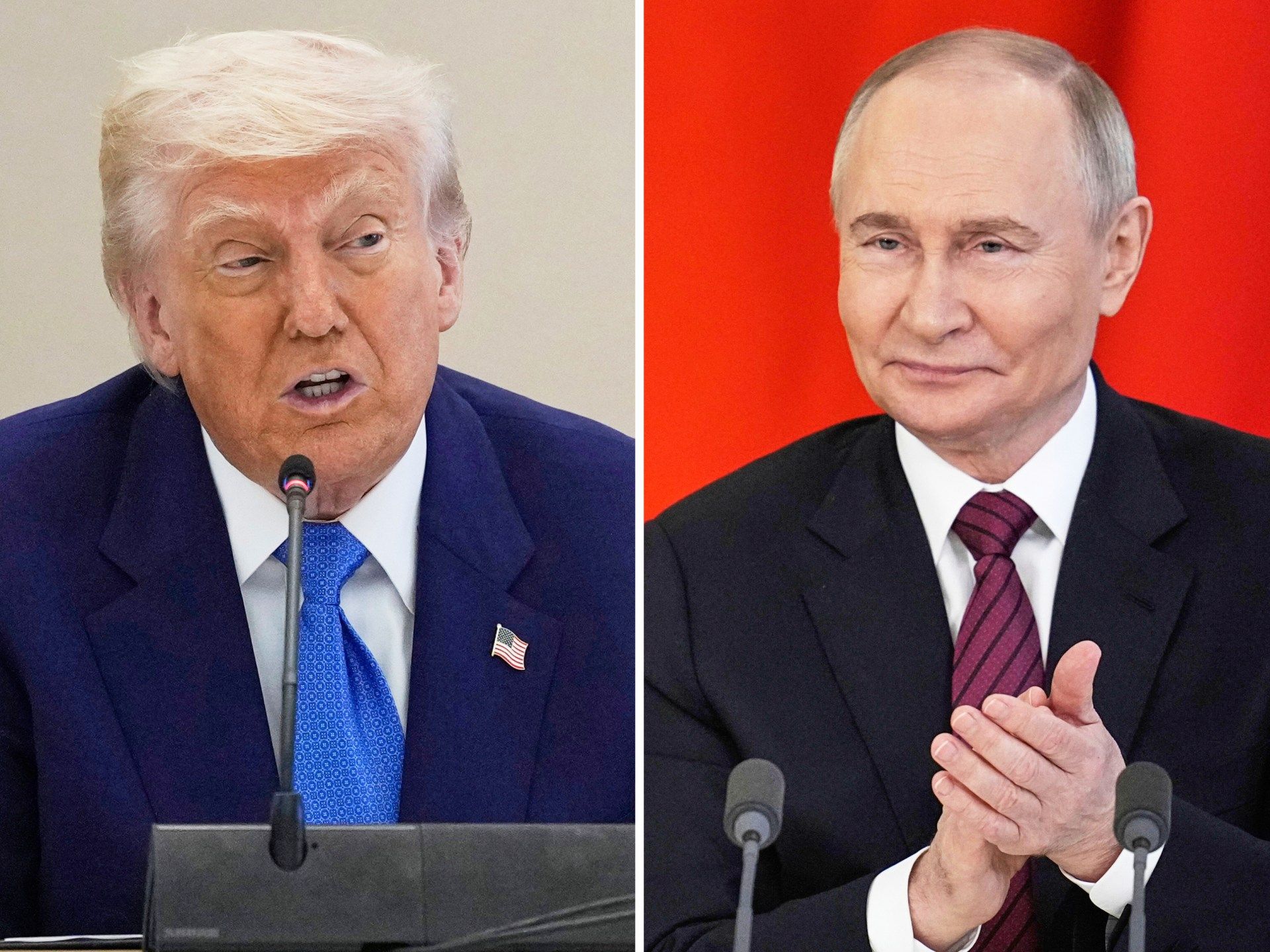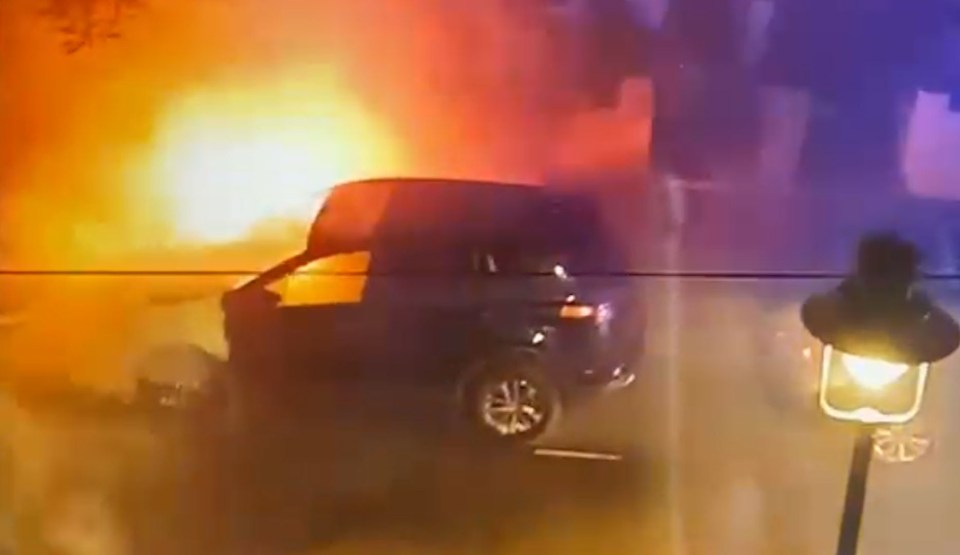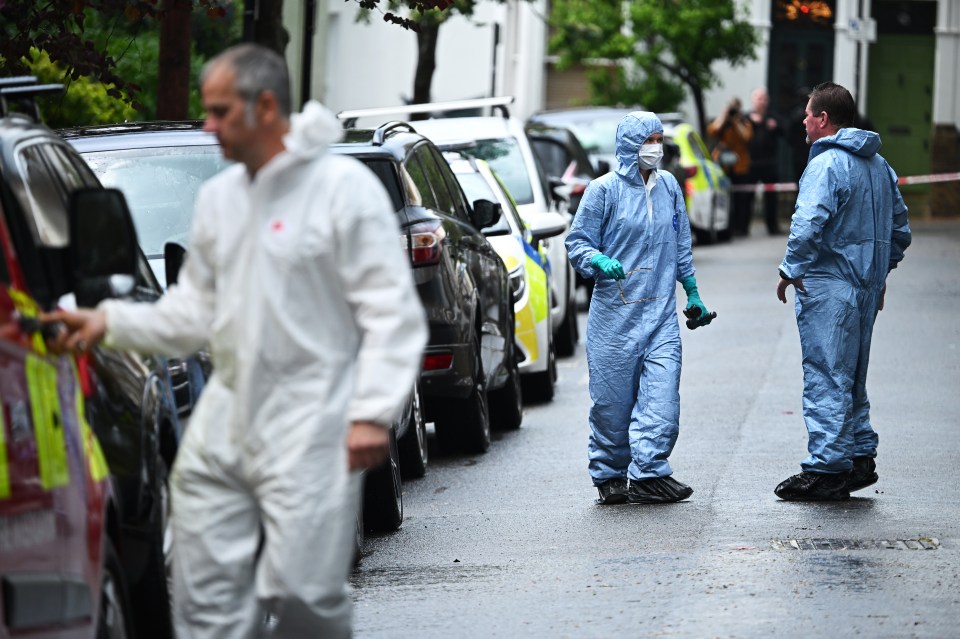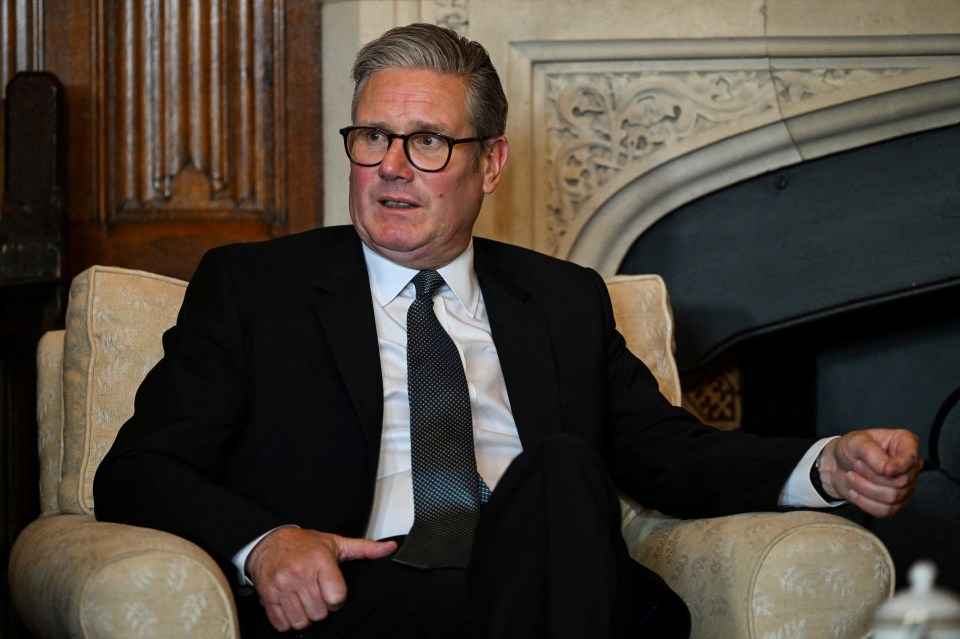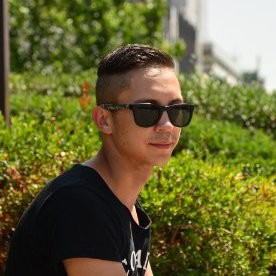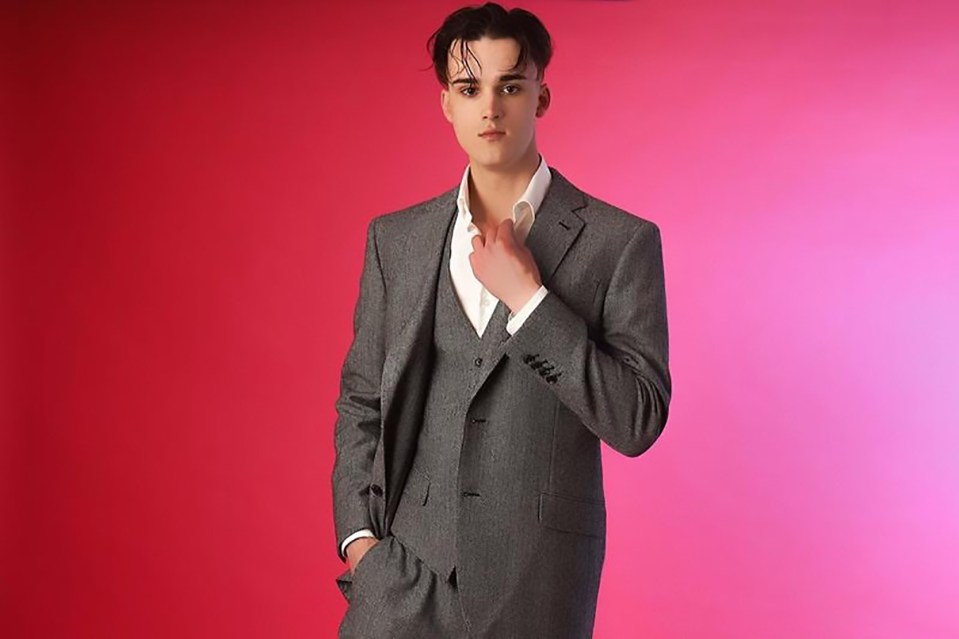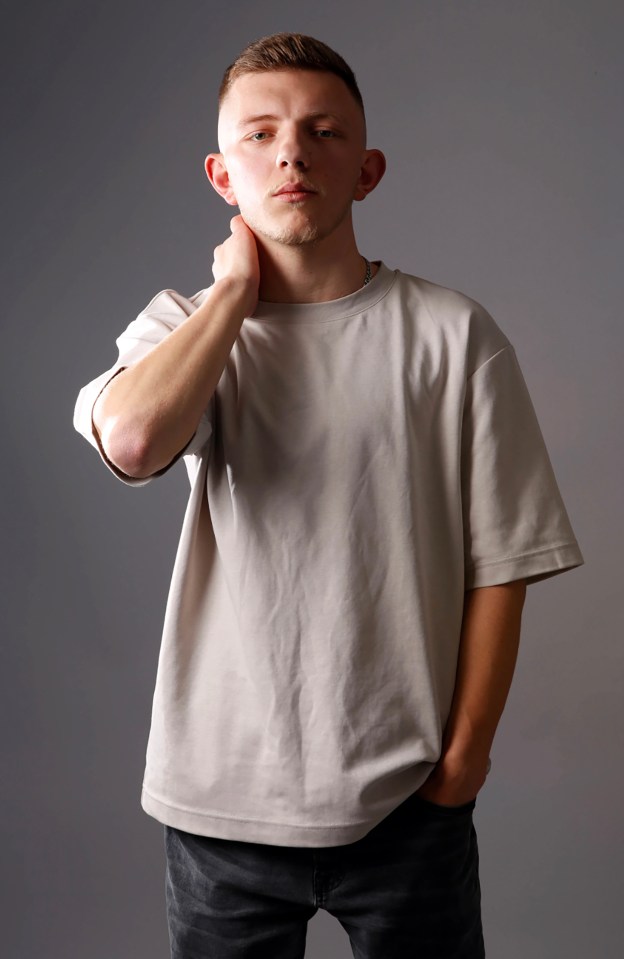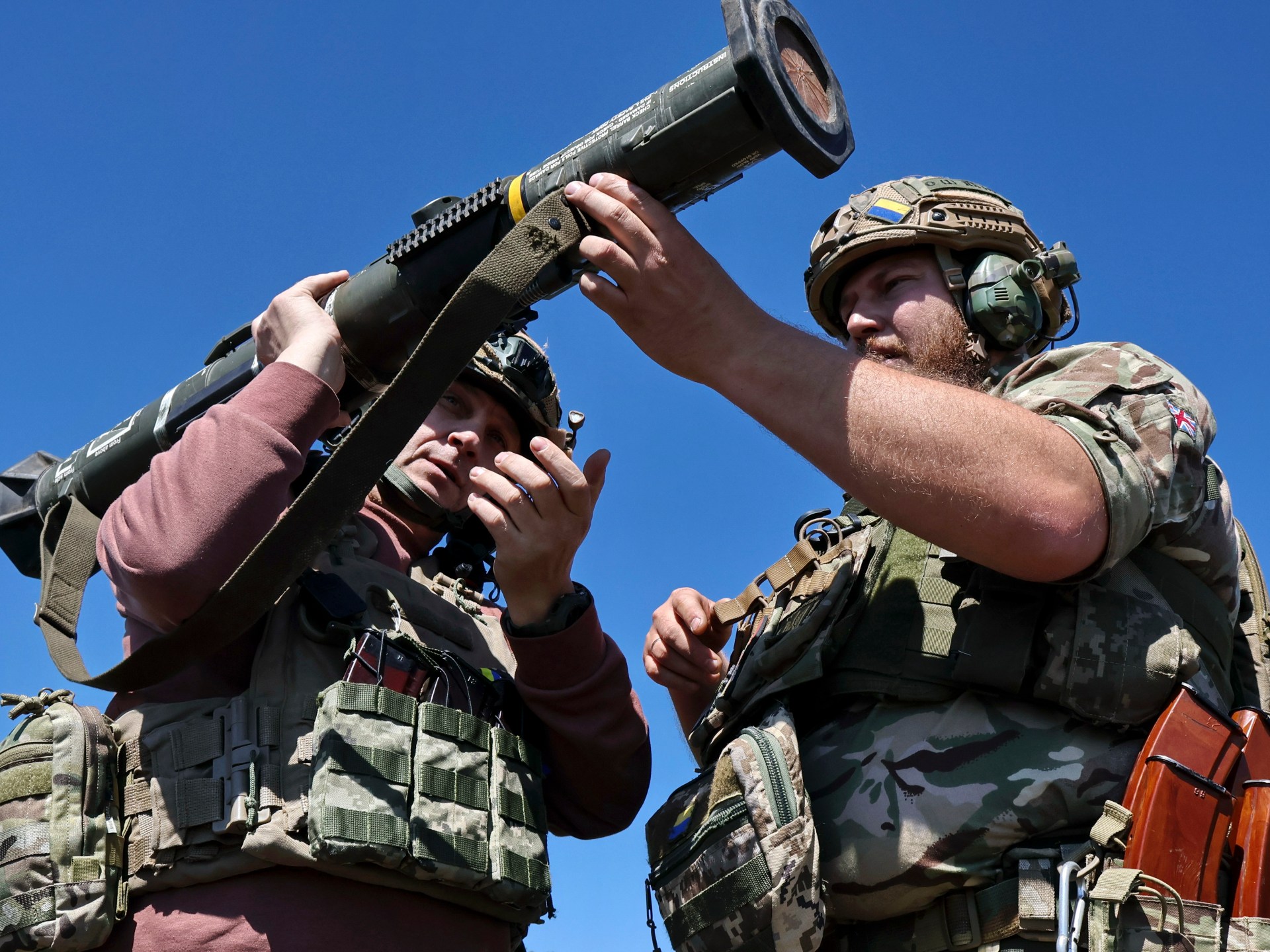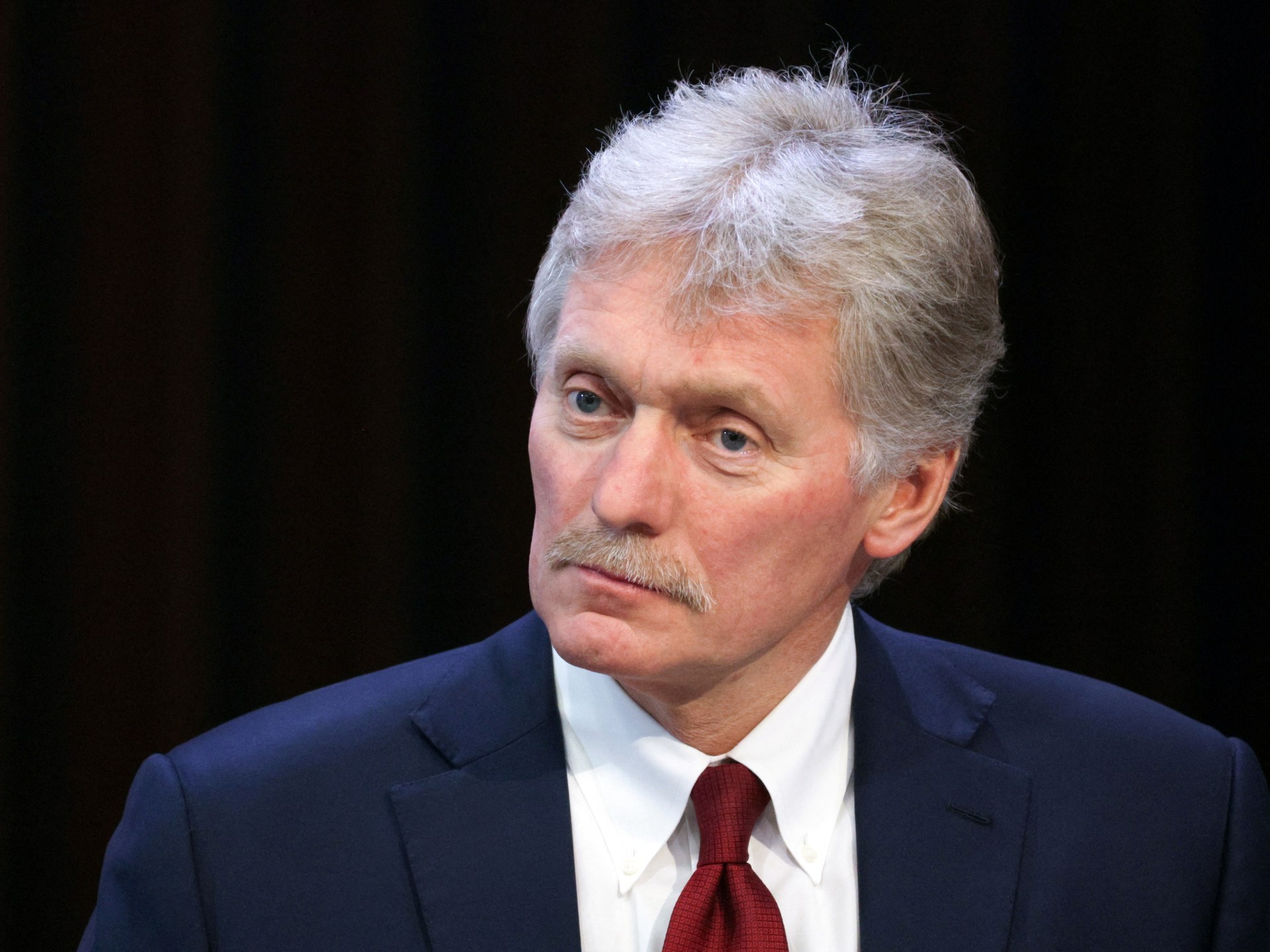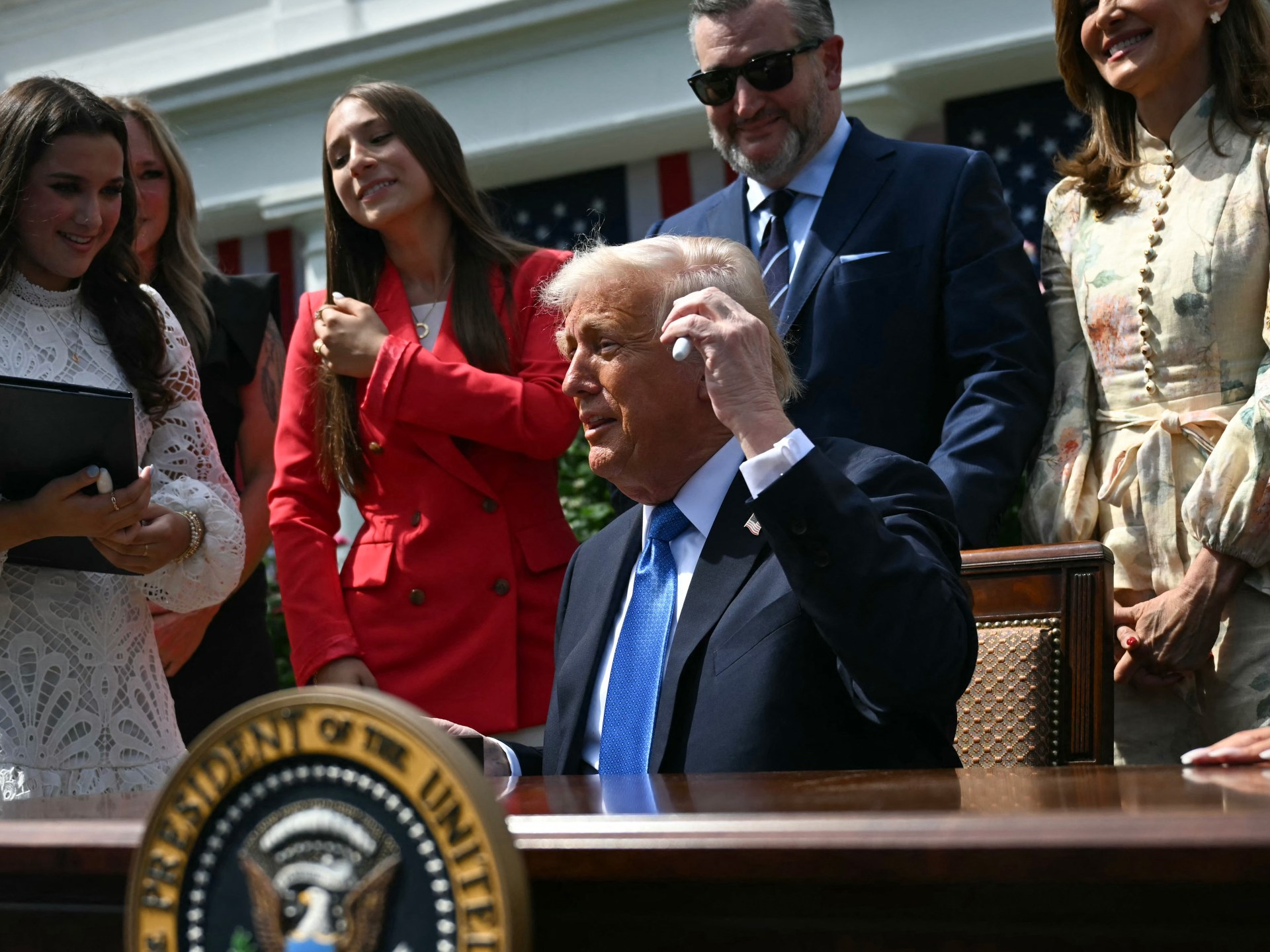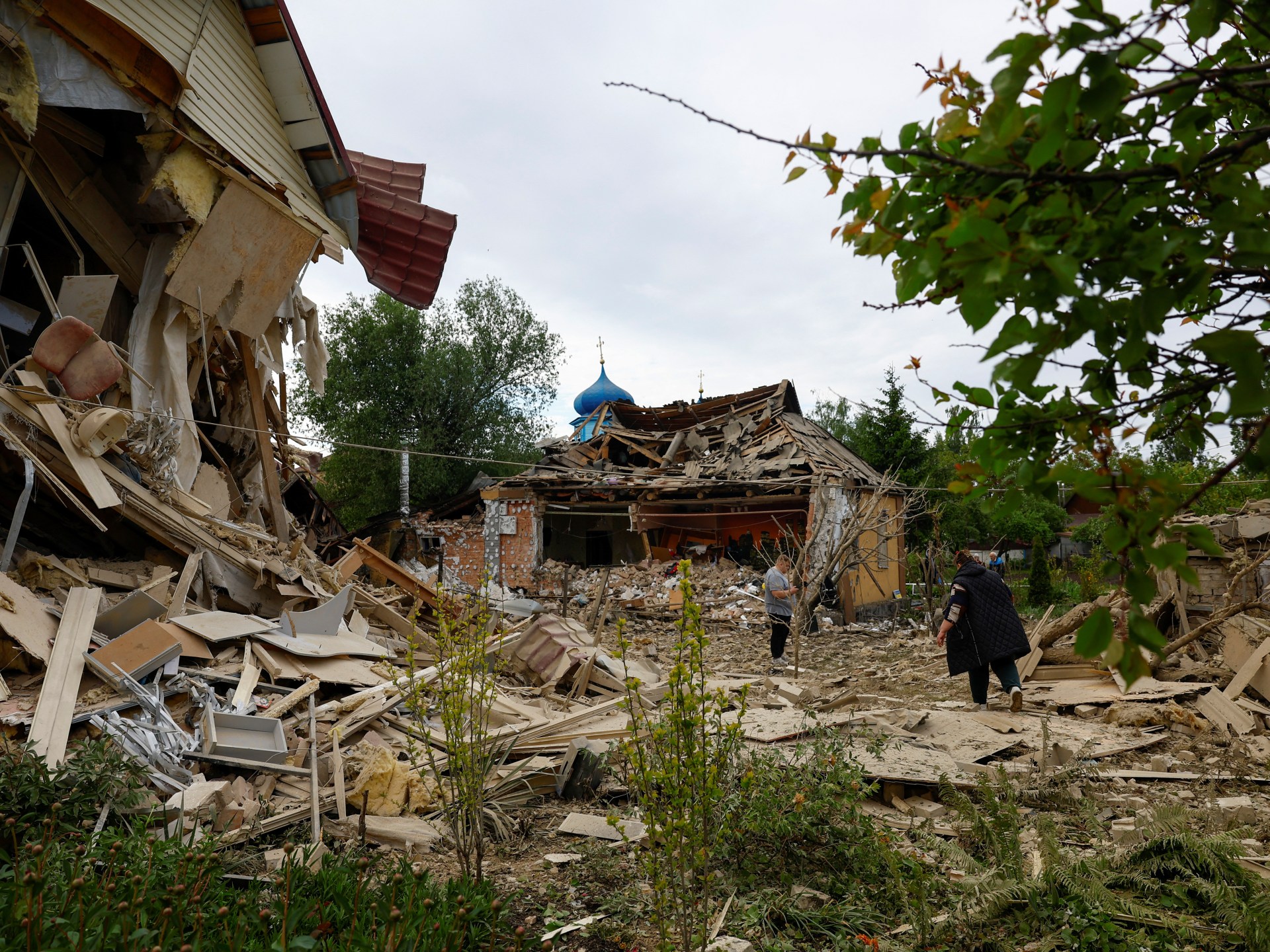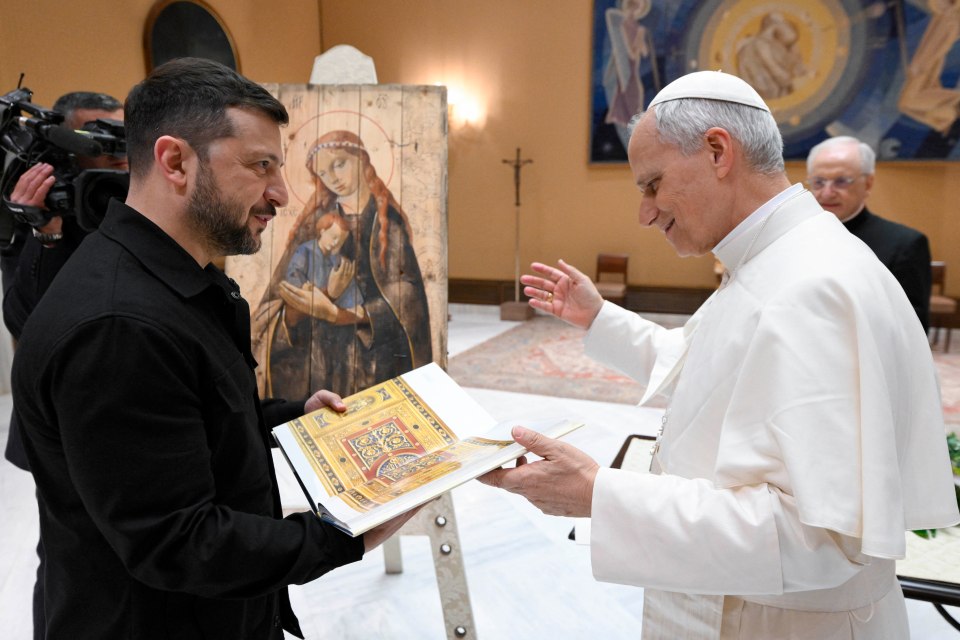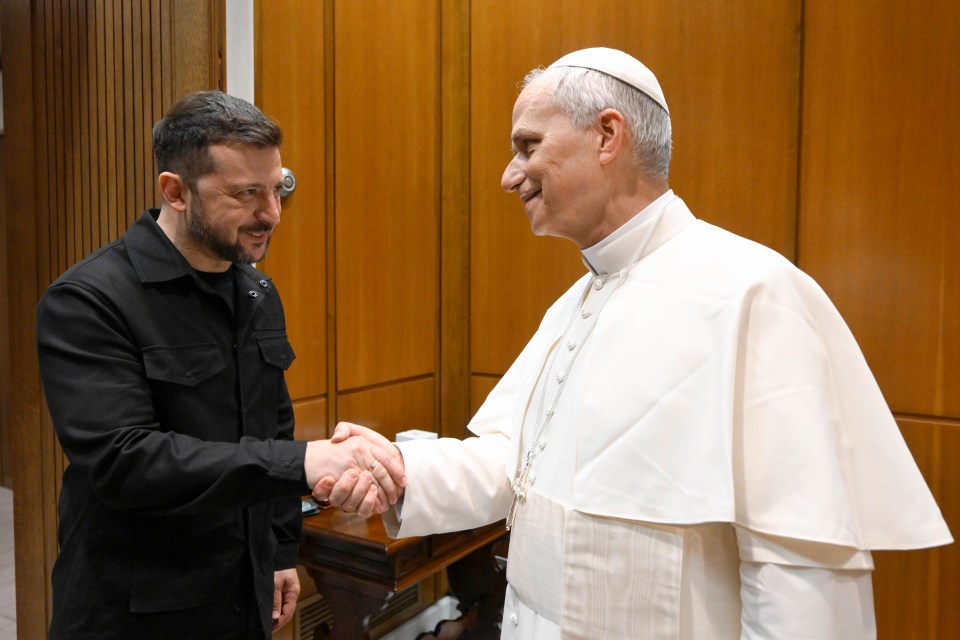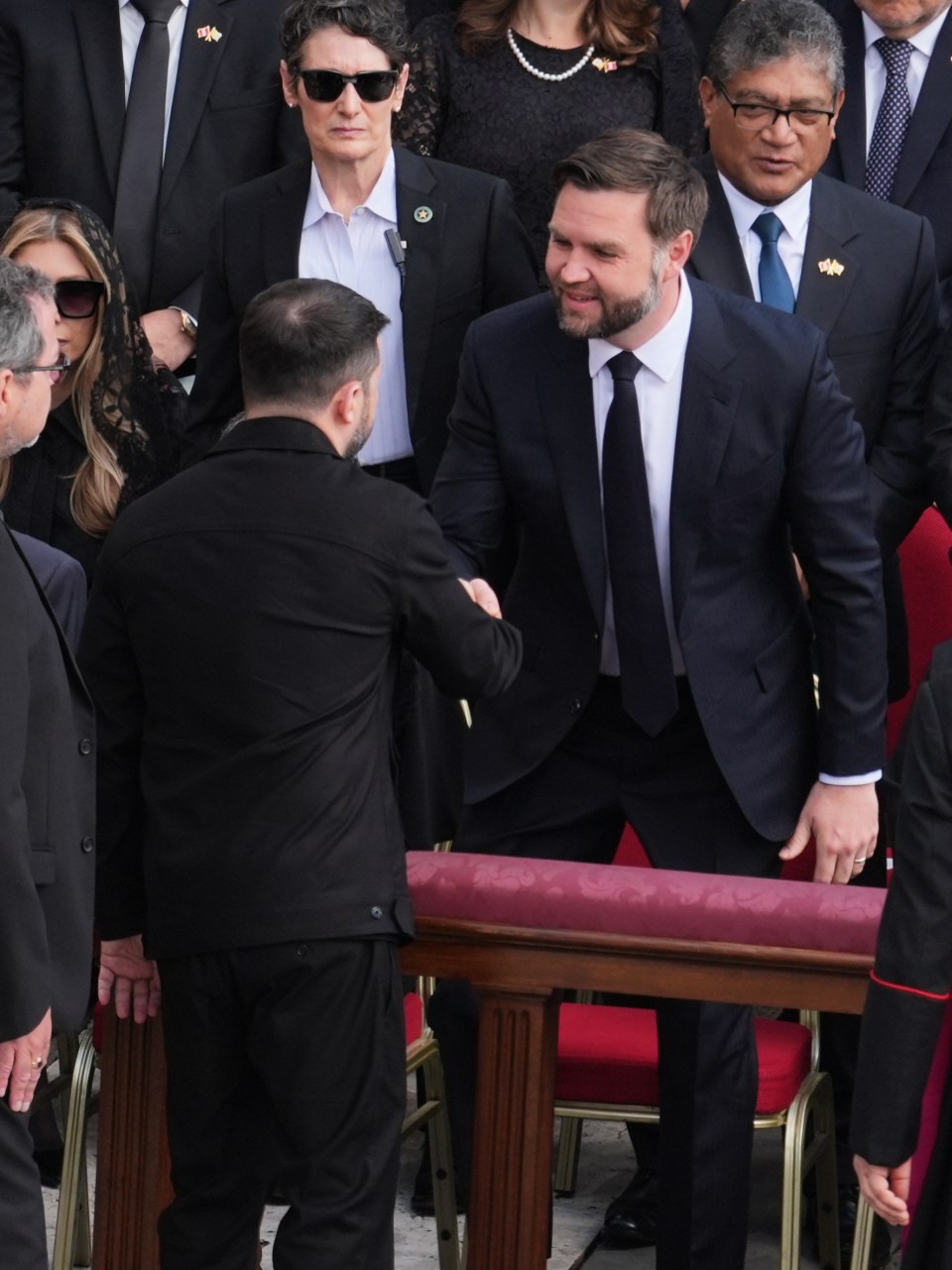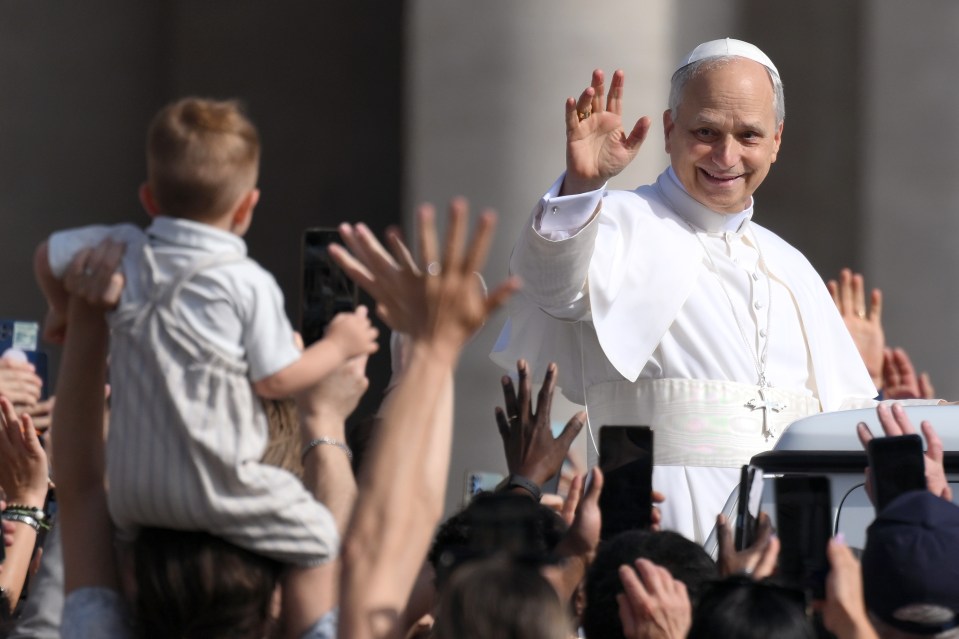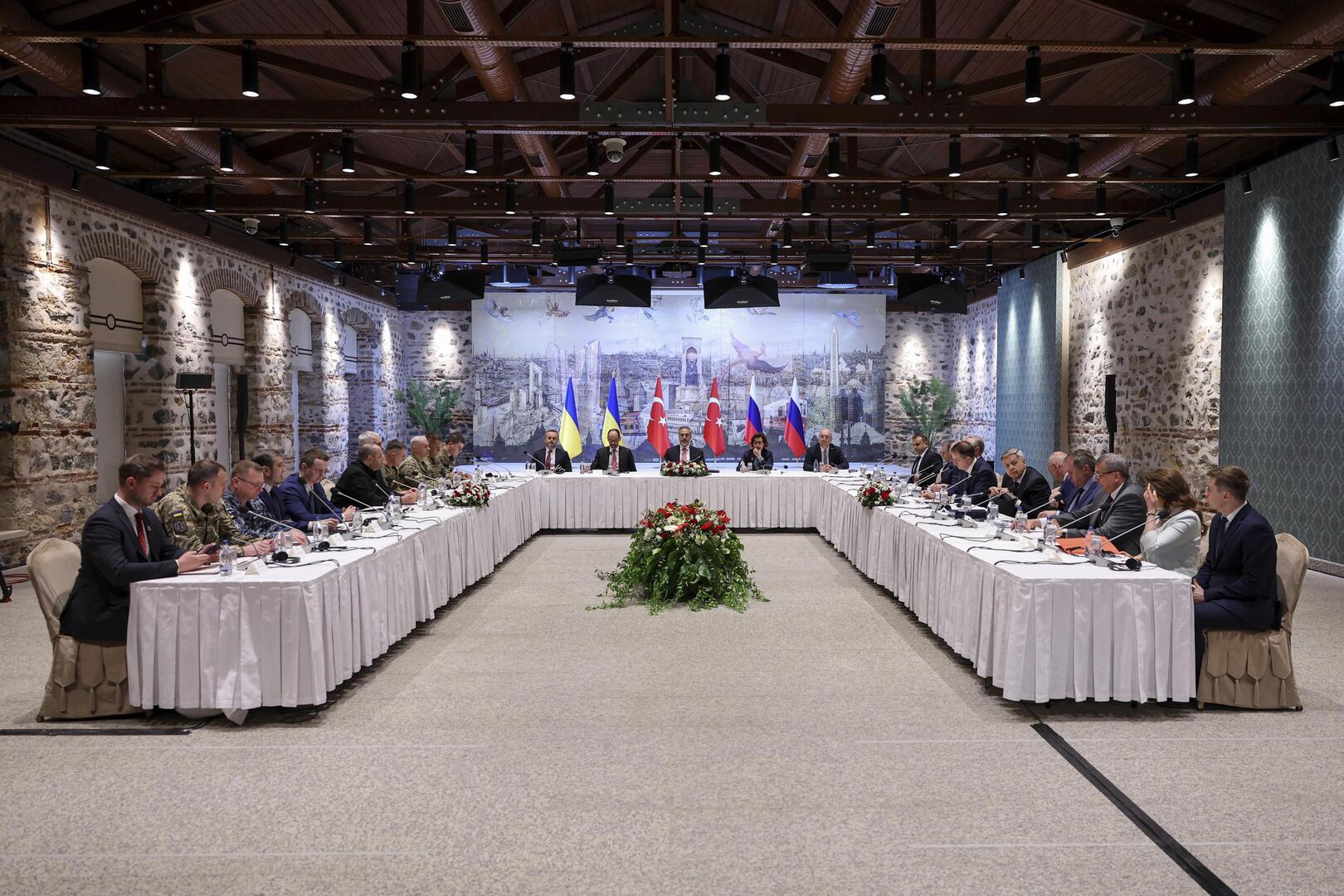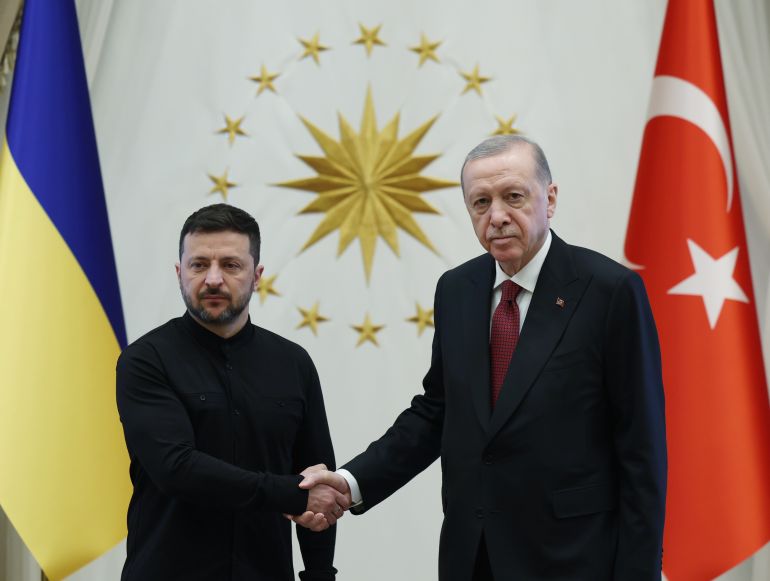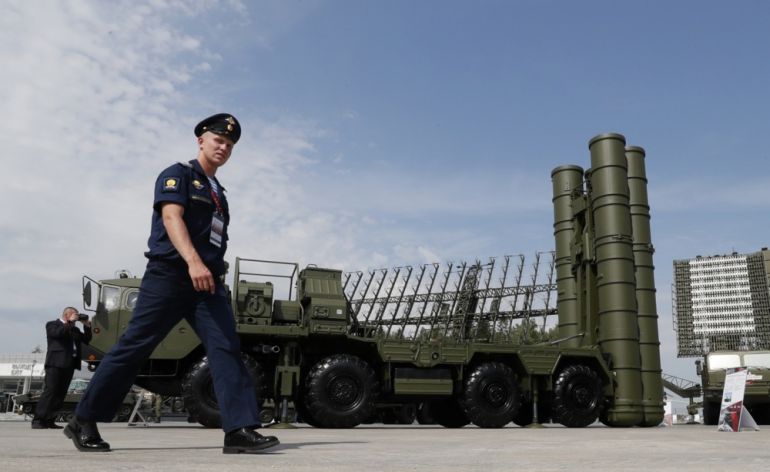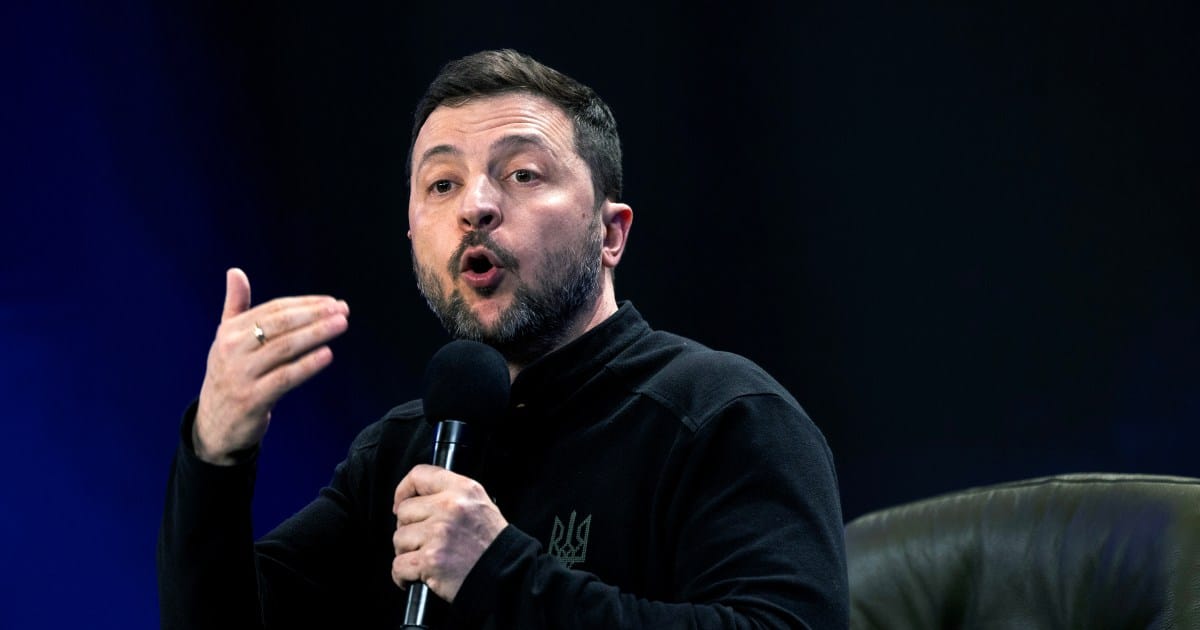Russia-Ukraine war: List of key events, day 1,191 | Russia-Ukraine war News
These are the key events on day 1,191 of Russia’s war on Ukraine.
Here’s where things stand on Friday, May 30:
Fighting
- The Russian army said on Thursday that it had captured three villages in Ukraine’s Donetsk and Kharkiv regions in its latest advance.
- Authorities in Ukraine said Russia had fired 90 drones overnight and at least seven people were killed in drone, missile and artillery strikes across five front-line Ukrainian regions.
- Russia said it had repelled 48 Ukrainian drones overnight, including three near Moscow.
- Drones made a night-time attack on Russia’s western Kursk region, damaging a hospital and apartment buildings, and injuring at least one person, the regional Governor Alexander Khinshtein said.
- Ukraine’s military said its forces remained active in small areas of Kursk, though Russia’s military said last week it had completed the ejection of Ukrainian forces from the Russian region.
- Across the border in Ukraine’s neighbouring Sumy region, the regional governor reported new fighting in villages near the border where Russia has been seizing territory. He said various areas in his region were constantly changing hands as both sides continued to battle for control.
- “Active battles continue in certain border areas, notably around the settlements of Khotyn and Yunakivka,” Sumy Governor Oleh Hryhorov wrote on Facebook. “The situation on the line of contact is constantly changing. In some places, we hold the initiative, in others, the enemy is proving to be active.”
- Russia’s Defence Ministry said its forces had captured three more villages as it slowly advances through parts of eastern Ukraine. These were Stroivka in the northeastern Kharkiv region, and Shevchenko Pershe and Hnativka near the town of Pokrovsk, the focal point of Russia’s westward drive for months.
- Ukrainian military reports made no mention of any of the three villages coming under Russian control. Russian forces had launched 53 attacks over 24 hours near Pokrovsk, the military said.
Ceasefire
- The Kremlin said on Thursday that it was waiting for Kyiv’s response to its proposal for new talks in Istanbul next Monday.
- Ukraine said it was ready to hold more talks with Russia in Istanbul but demanded that Moscow supply a document setting out its conditions for peace in the war, adding that Kyiv had already submitted its vision of a peace settlement.
- Ukrainian President Volodymyr Zelenskyy said that Russia was engaging in “yet another deception” by failing to hand over its peace settlement proposal in advance of the next potential meeting. “Even the so-called ‘memorandum’ they promised and seemingly prepared for more than a week has still not been seen by anyone,” Zelenskyy said in his nightly video address.
- Kremlin spokesman Dmitry Peskov said that Kyiv’s demand on the “memorandum” was “non-constructive”.
- Ukraine’s Foreign Ministry spokesperson, Heorhii Tykhyi, said Moscow’s refusal to send the document “suggests that it is likely filled with unrealistic ultimatums”.
- Turkish President Recep Tayyip Erdogan, who will host the new talks, called on Russia and Ukraine not to “shut the door” on dialogue.
- The Russian delegation to the second round of talks in Istanbul will be the same as for the first round, the Russian TASS news agency cited Foreign Ministry spokeswoman Maria Zakharova as saying.
- United Nations Undersecretary-General for Political Affairs Rosemary DiCarlo told the Security Council that the “cautious hope” she expressed a month ago for a ceasefire in Ukraine has diminished in the face of the “brutal surge in large-scale Russian attacks” against Ukraine.
- Ukrainian Deputy Ambassador to the UN Khrystyna Hayovyshyn told the council that “Russia is not signalling any genuine intention to stop its war”, and said that increased political, economic and military pressure on Moscow was required.
- Russian Ambassador to the UN Vassily Nebenzia rejected the accusations, instead accusing Kyiv of “attempting to prolong the war” and warning that Ukraine’s defeat was inevitable. “No new anti-Russian sanctions, nor deliveries of weapons to Ukraine or any other hostile steps vis-a-vis Russia will be able to prevent the inevitable military defeat of the Zelenskyy regime,” Nebenzia said.
- John Kelley, the United States’s alternate representative at the UN meeting, said that if Russia “makes the wrong decision to continue this catastrophic war”, Washington will consider “stepping back from our negotiation efforts to end this conflict”, adding that additional sanctions against Moscow were “still on the table”.
Military aid
- Zelenskyy said he discussed the possible delivery of German Taurus cruise missiles to Ukraine with German Chancellor Friedrich Merz during his visit to Berlin. “The Taurus issue was discussed in a one-to-one meeting between the chancellor and me,” the Ukrainian president told the German broadcaster RTL.
- Russia accused Serbia of exporting arms to Ukraine, saying it was a stab in the back by its longtime Slavic Balkan ally.
- “Serbian defense enterprises, contrary to the ‘neutrality’ declared by official Belgrade, continue to supply ammunition to Kyiv,” Russia’s foreign intelligence service said in a statement.
- The statement alleged that exports of Serbian arms to Ukraine are going through NATO intermediaries, “primarily the Czech Republic, Poland and Bulgaria”. It added: “Recently, exotic options involving African states have also been used for this purpose.”
Regional security
- A Belarusian radio station has been flouting European Union sanctions to spread “disinformation” and back a pro-Russian candidate on social media in advance of Poland’s presidential election, according to reports.
- A Polish-language radio station, set up by Belarus, has been posting pro-Russian narratives on social media for almost two years “despite EU sanctions”, experts said in a report published by three think tanks. Poland votes on Sunday in a hotly contested presidential run-off between pro-EU and nationalist candidates, which is being closely watched in Europe.
Economy
- The International Monetary Fund announced it had reached an agreement with Ukraine on a loan programme review to unlock about $500m dollars of funds to support macroeconomic stability.
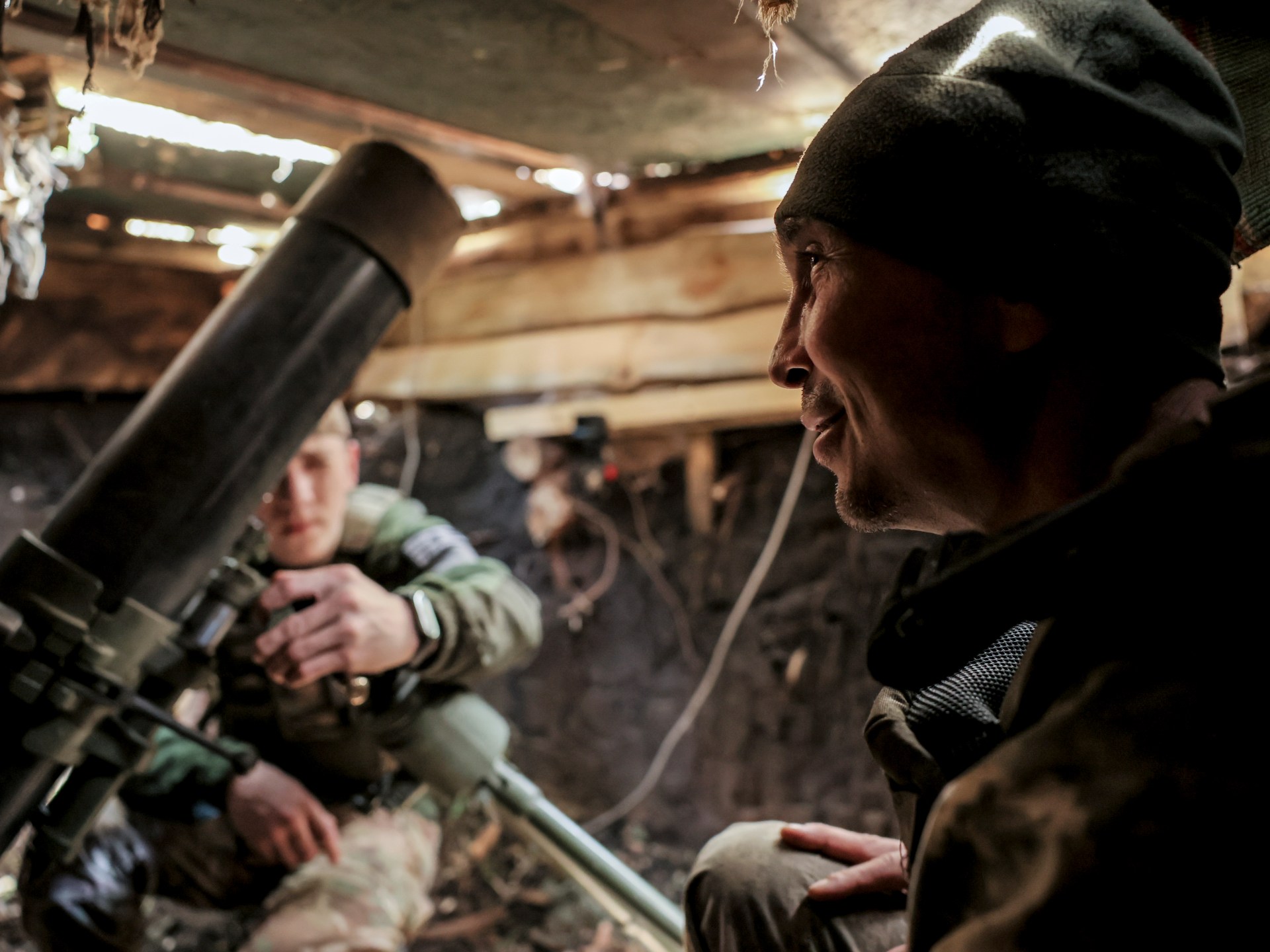
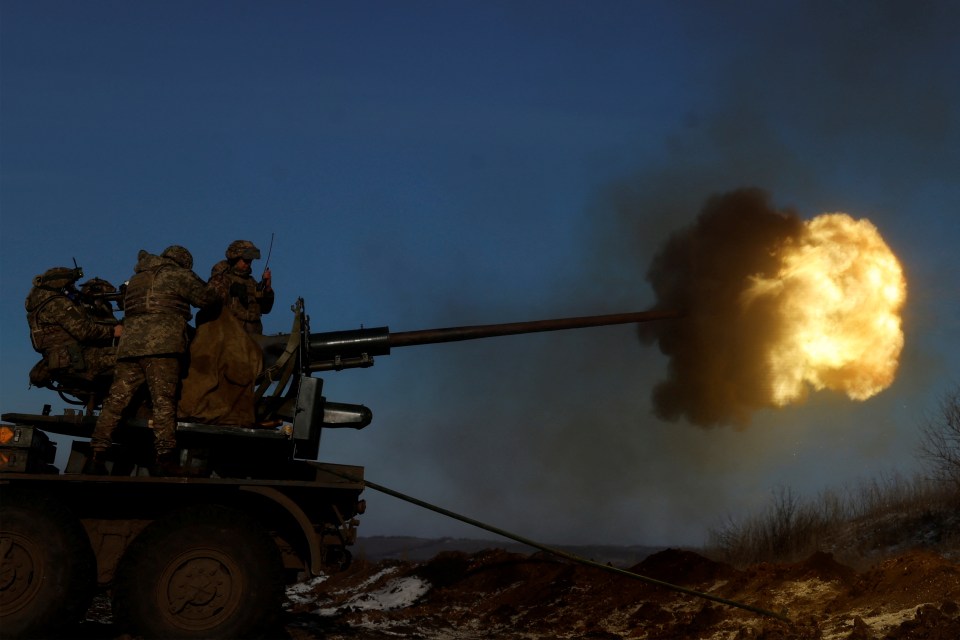

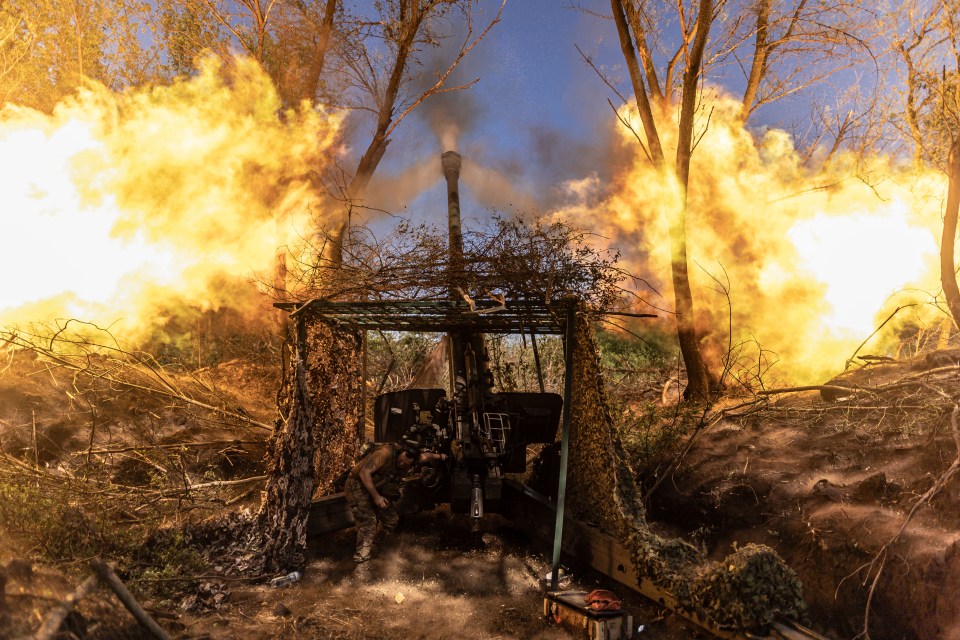
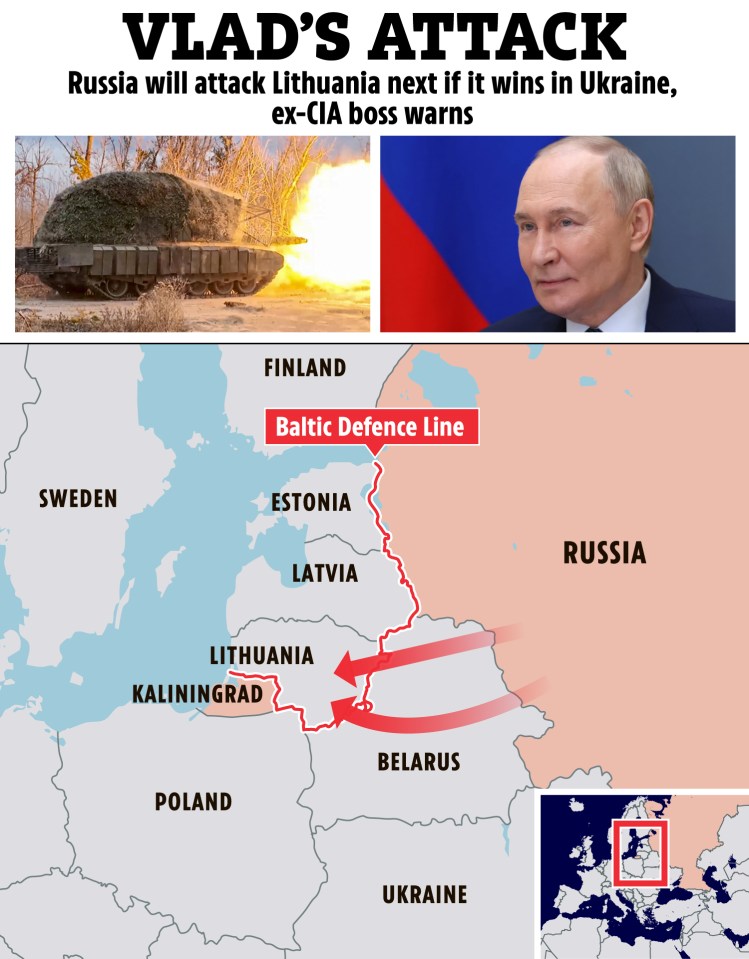
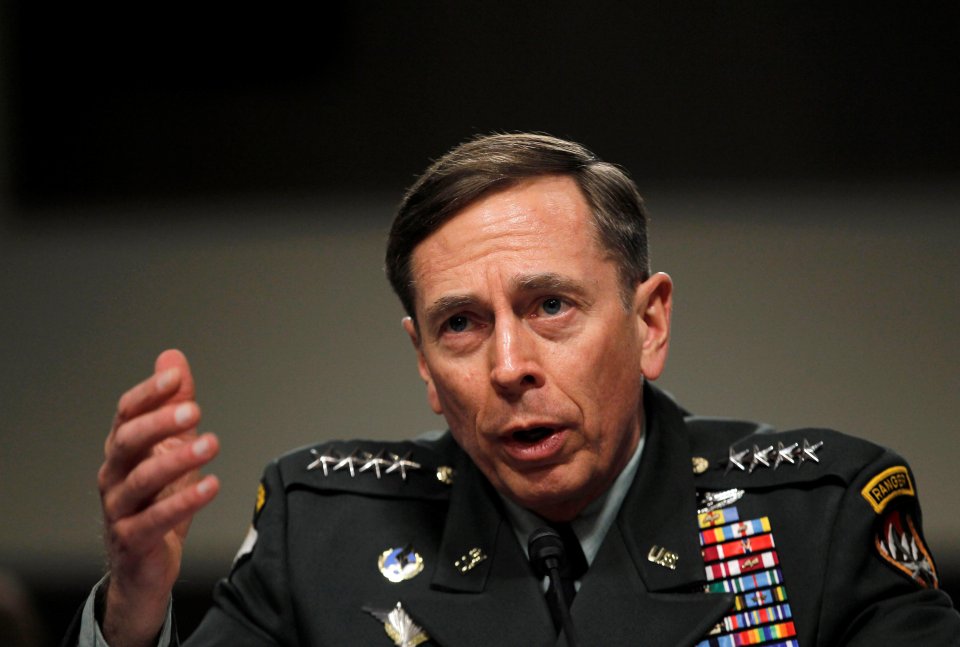
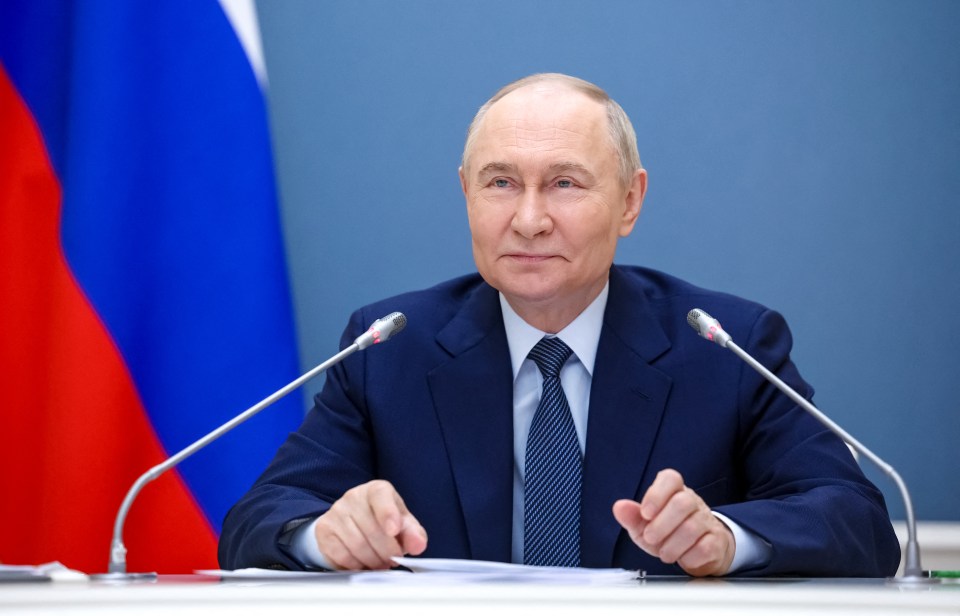
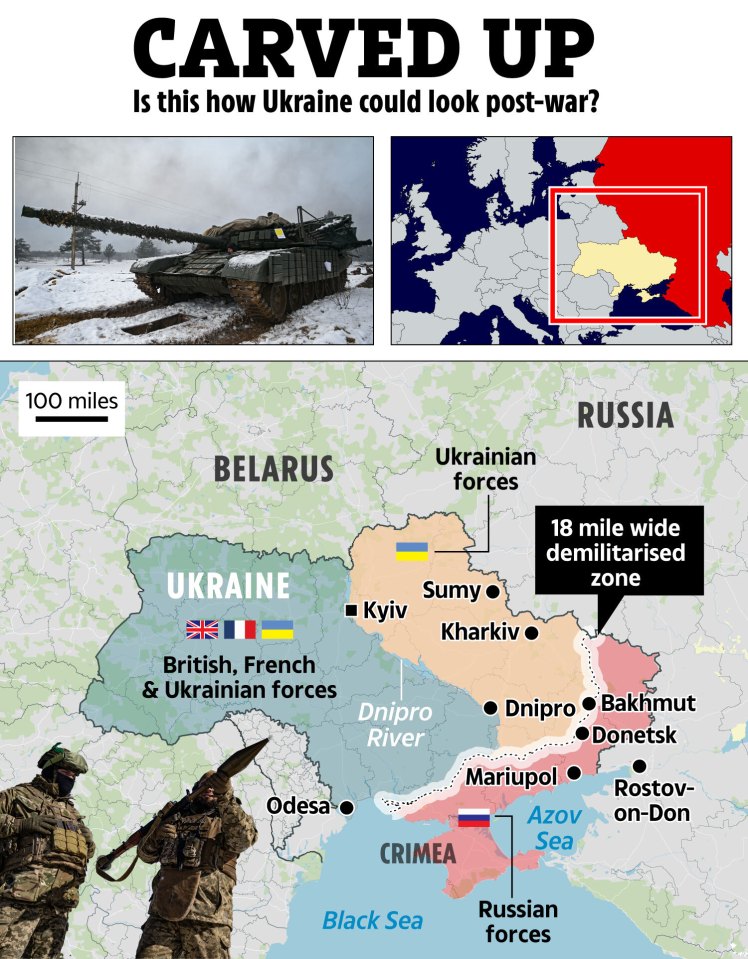
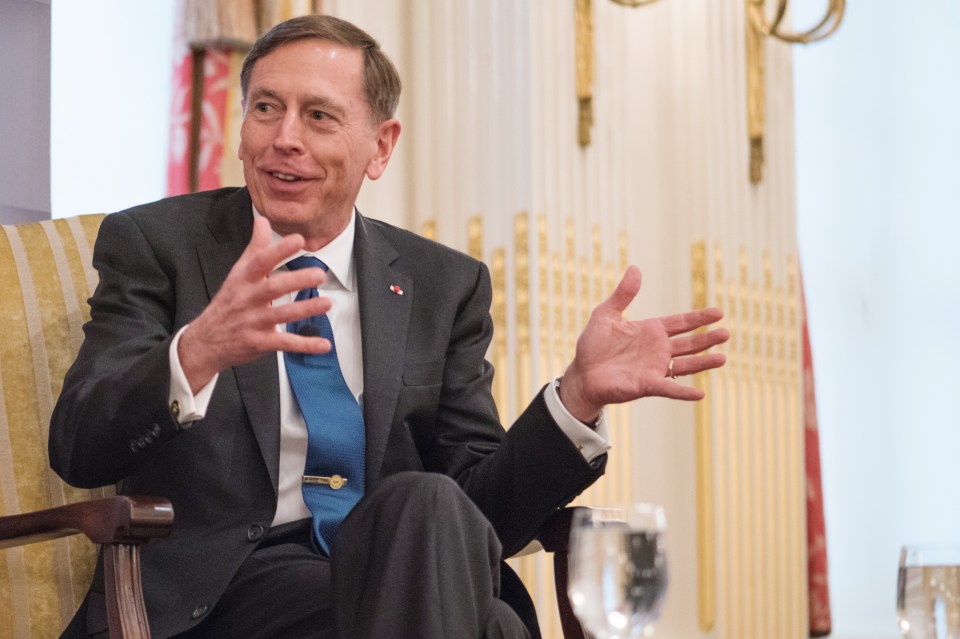
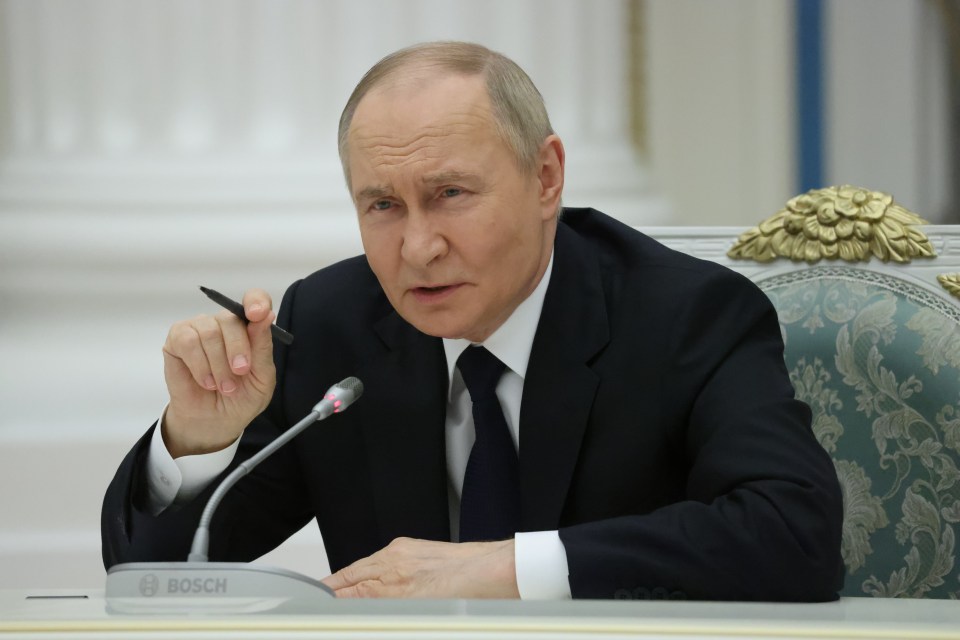
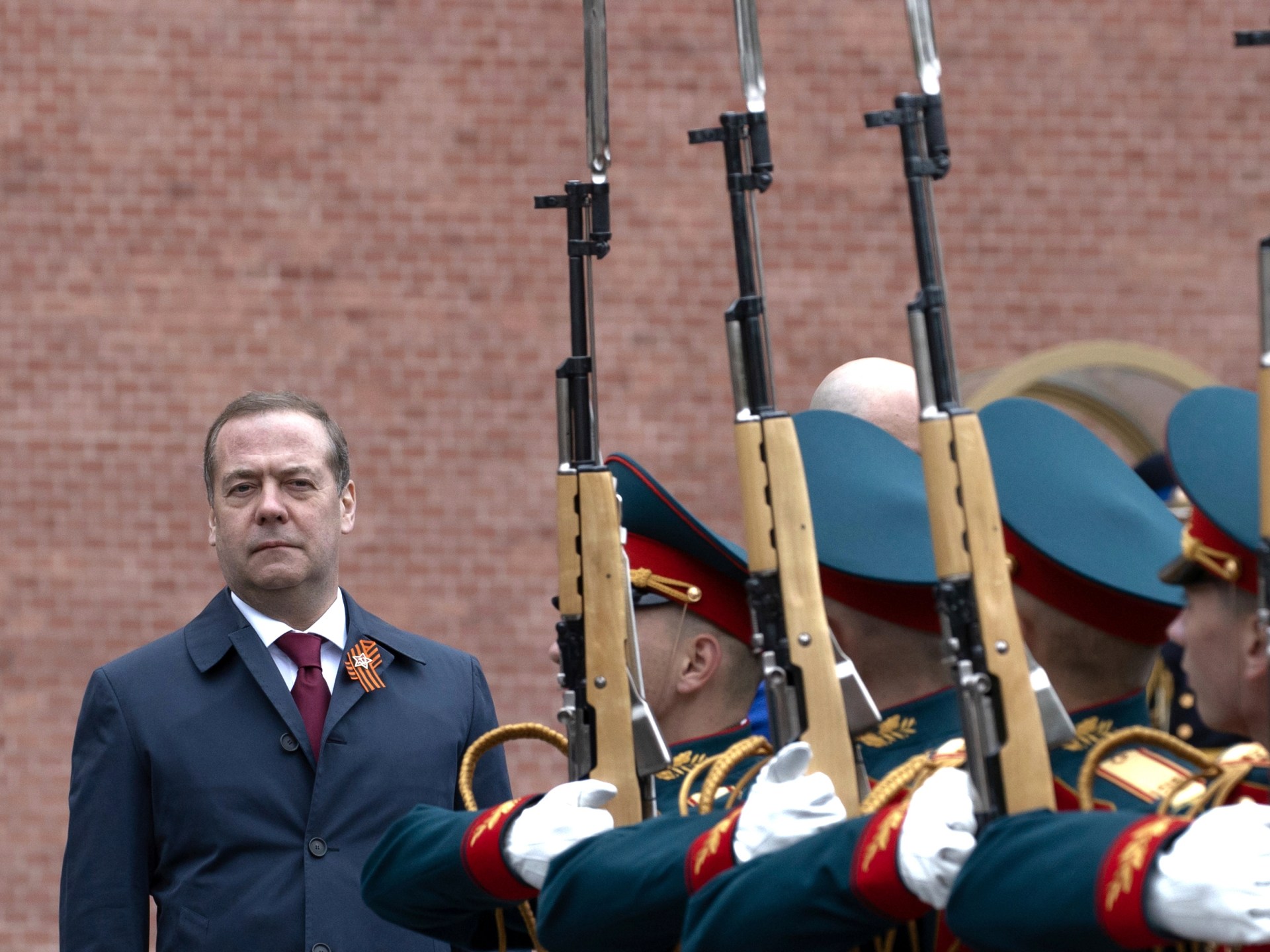
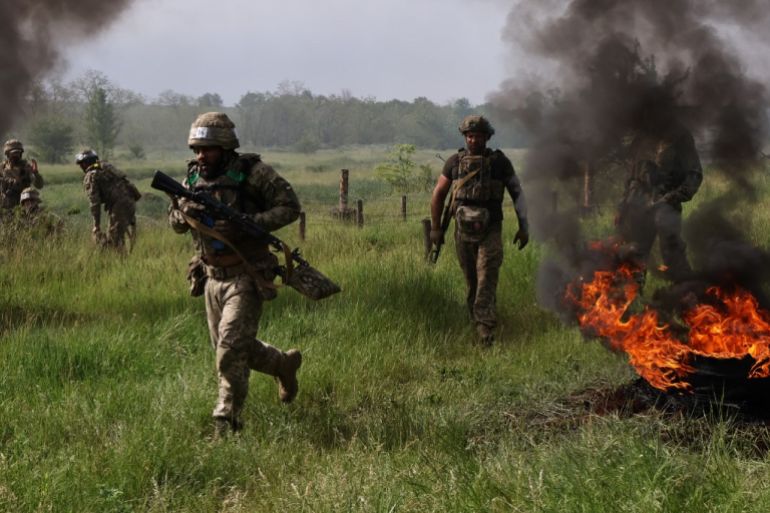
![Handout photograph taken and released by the press service of Ukrainian army during a training exercise at an undisclosed location near the front line in the Zaporizhzhia region [File: Andriy Andriyenko /Ukrainian Armed Forces/ AFP]](https://www.occasionaldigest.com/wp-content/uploads/2025/05/000_488G9G3-1748346027.jpg)
